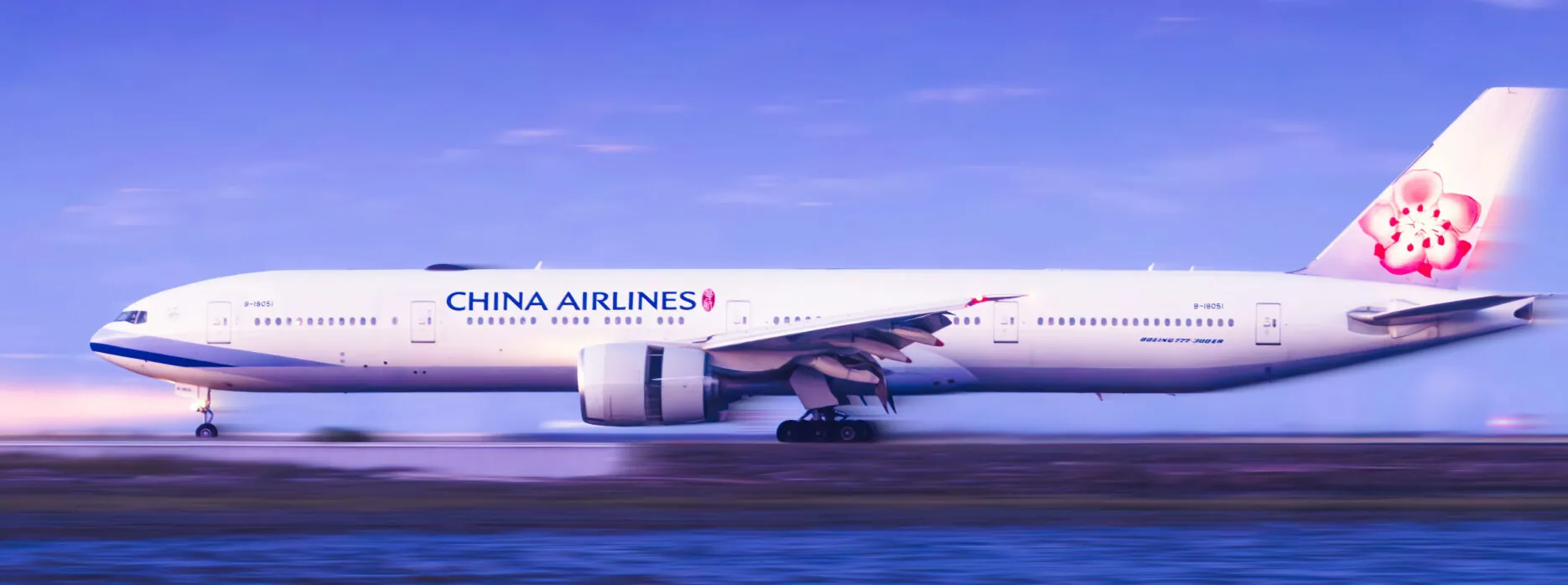Nearly 491,000 Japan-bound air tickets booked from China have been cancelled in a matter of days after a China–Japan travel spat errupts. The cancellation of roughly a third of all existing bookings is sending a shiver through one of Japan’s most China-reliant sectors.
The shockwave followed an unusually blunt advisory from Beijing, which urged Chinese citizens to avoid travel to Japan after Prime Minister Fumio Kishida suggested Tokyo could intervene militarily if China attacked Taiwan. The message landed loudly in a market where outbound tourism often mirrors political mood swings and where consumer sentiment can flip almost instantly.
Airlines moved fast. Within hours of Beijing’s advisory, major Chinese carriers rolled out full refunds and no-penalty itinerary changes for Japan-bound tickets, clearing the way for cancellations at scale. Reports also suggest some state-owned enterprises told staff to suspend personal travel applications to Japan, adding another layer of caution even without a formal nationwide directive.
Taken together, the China–Japan travel spat signals more than a brief wobble – at least in the near term. It’s not unprecedented: during the 2012 Senkaku/Diaoyu Islands flare-up, Chinese tourism to Japan plunged before rebounding once tensions eased. The same pattern could play out again. But for now, the advisory, the rapid airline response and the SOE-level caution all point to a chill that, while likely temporary, is very much real.

Chinese travellers normally account for roughly a quarter of Japan’s inbound tourism and punch well above their weight in per-capita spending. Tokyo felt that loss immediately. Local media reported sudden drops in hotel occupancy forecasts for late 2025 and early 2026, as operators braced for a winter without their most valuable customer base.
But the implications stretch well beyond Japan’s tourism trade. The scale and speed of cancellations signals tourism as a new lever for Beijing to pull when China’s neighbours don’t play ball. Discouraging leisure travel is a low-cost, high-visibility way to broadcast displeasure without touching trade.
The question now is whether this freeze becomes structural. If the advisory stays in place – or if rhetoric around Taiwan hardens further – Japan’s most dependable inbound engine could remain stalled well into 2026. And for both sides, a once-routine flow of tourists has become another proxy battleground in an increasingly brittle regional relationship.









